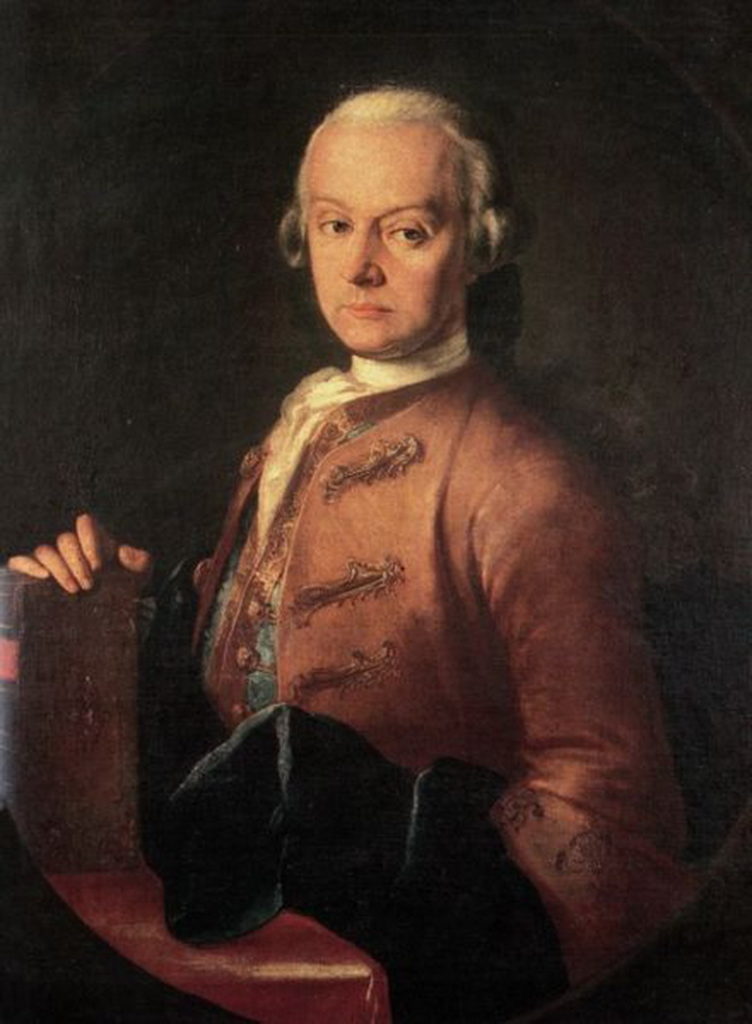
In his heart-of-hearts, Wolfgang Mozart was a believer.
Like so many other aspects of and lessons in his life, Wolfgang Mozart got his earliest exposure to religious piety from his father, Leopold (1719-1787). Having said that, we’d observe that Leopold’s own piety towards the Roman Catholic church was rather late in coming. As a young man, he was, in Maynard Solomon’s words:
“Constitutionally incapable of simple obedience to his superiors, and his deep resentment of authority frequently erupted in imprudent words or actions.”

Those superiors and authorities to which Solomon refers are the Church authorities who employed the young Leopold Mozart. It wasn’t just a case of disliking his bosses; Leopold’s letters of the time reveal a degree of general disdain and even outright hostility towards Catholic priests, Jesuits, monks, and canons that bordered on the heretical. But like so many professional musicians of his day, Leopold Mozart had no choice but to make his career working for the Church. In Leopold’s case it was the Archbishopric of Salzburg, and his professional and financial survival depended upon his getting along with those clerics that were his bosses and colleagues. So Leopold mastered his heretical tendencies and innate disobedience and became, by the time he was a father, an outwardly devout Catholic: he regularly attended mass, took Communion, went to confession and insisted that his family do likewise. In a letter to his wife written in 1777 while she and the 21-year-old Wolfgang were away together, Leopold asked:
“Is it necessary for me to ask whether Wolfgang is not perhaps getting a little lax about confession? God must come first! From His hands we receive our temporal happiness; and at the same time we must think of our eternal salvation. Young people do not like to hear about these things, I know, for I was once young myself. But, thank God, despite all my youthful foolish pranks, I always pulled myself together. I avoided all dangers to my soul and ever kept God and my honor and the consequences, the very dangerous consequences, before my eyes.”
Knowing what we know, whatever else Leopold Mozart was, he was – bless him – a tireless, world-class hypocrite. Religion became, for Leopold, another tool with which to guilt-trip Wolfgang into behaving as he would have Wolfgang behave.…
Continue reading, only on Patreon!
Become a Patron!